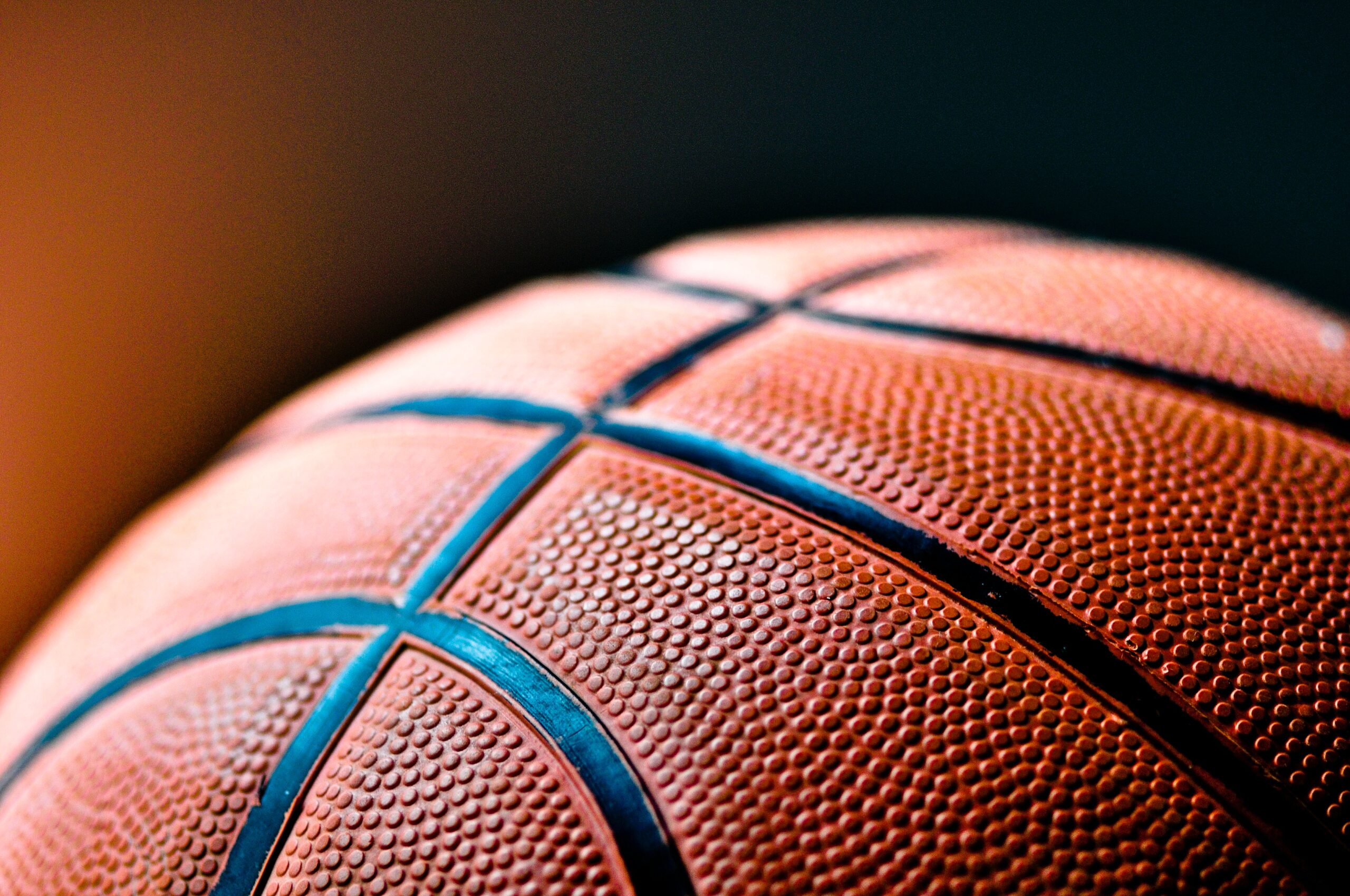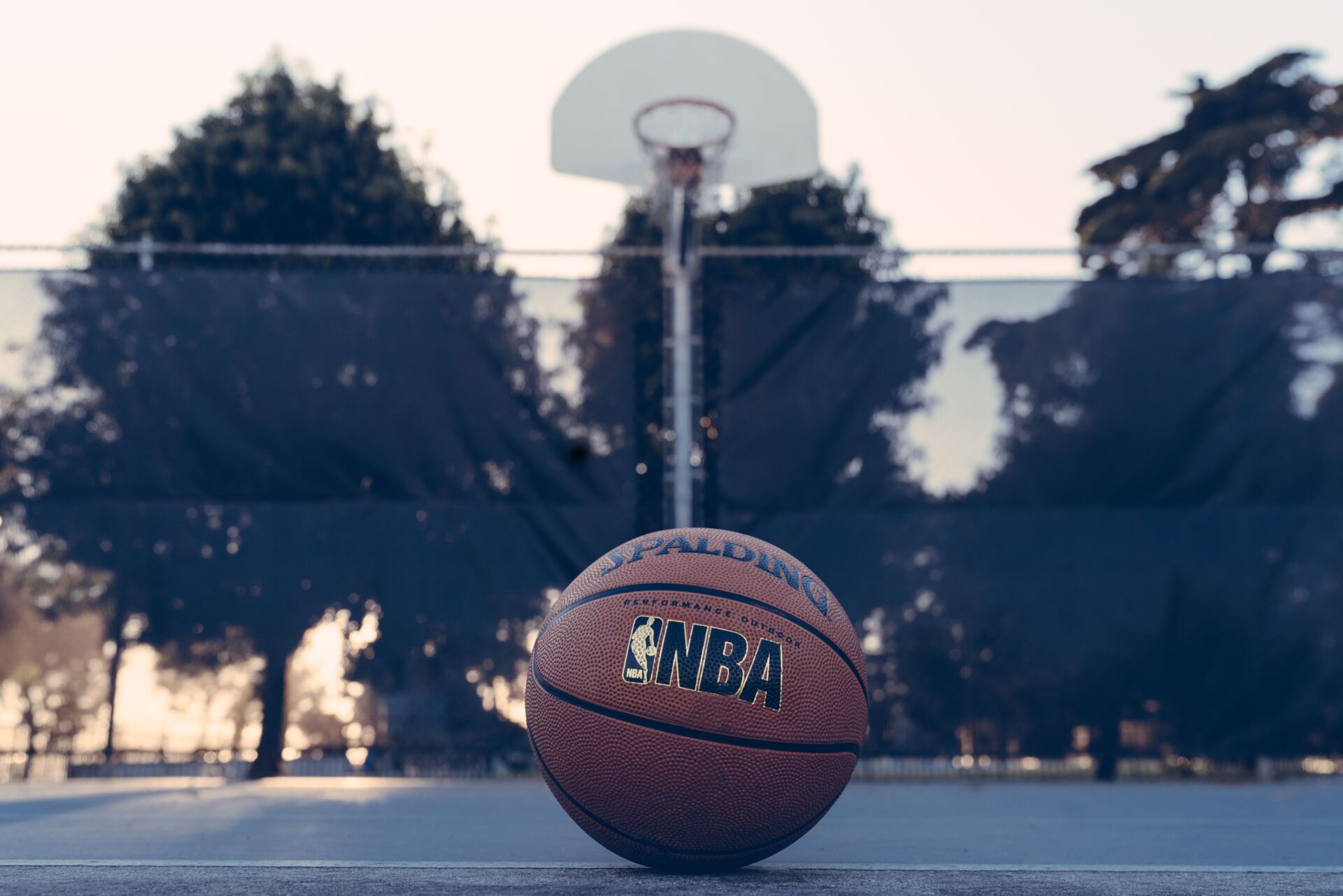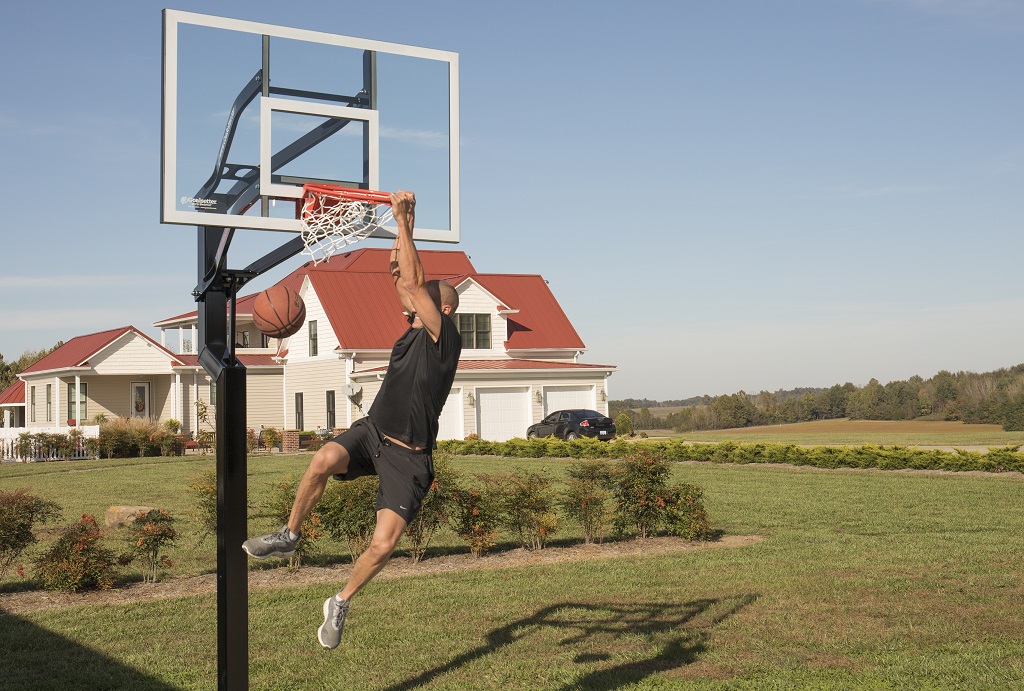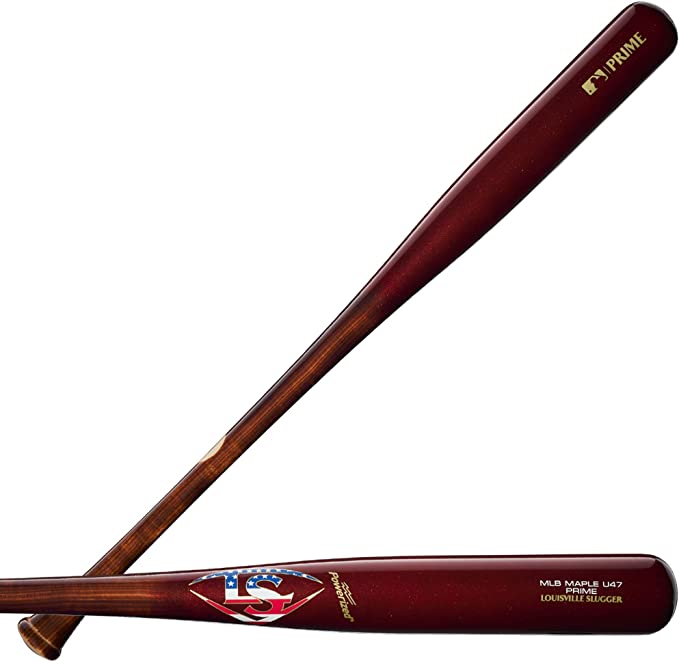Many athletes consume cannabis, marijuana, or weed for many reasons. Some use the substance for recreational purposes. On the other hand, some members of athletic communities consume weed for medical reasons. As it stands, several sports leagues prohibit the use of weed in athletes. Repercussions can go from suspensions to expulsions. With that in mind, how long does weed stay in an athlete?
Weed stays in the body of an athlete for an average of ten days. However, that period can shorten or lengthen depending on the cannabis strain and frequency of use. Additionally, some drug tests are more effective than other types of exams in detecting trace amounts of marijuana in the body.
What are these types of weed drug tests? Also, how can you pass a cannabis drug test, particularly if you’re an athlete? Continue reading to take a deep dive into the main topic and know the answers to these questions.
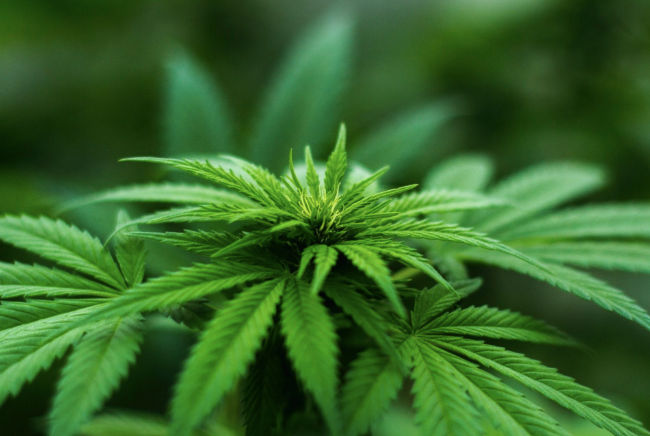
Weed drug tests check the amount of delta-9 tetrahydrocannabinol or THC in athletes’ systems. This chemical is responsible for delivering the mind-altering effects when consuming marijuana. If consumed in small amounts, it can deliver calming effects, such as helping in the relief of anxiety and depression.
However, frequent marijuana consumption can impose risks to both physiological and psychological health. For instance, users can develop permanent losses to their IQs. Cognitive lapses become more apparent than before, and hand-eye coordination reduces.
How Long Does Weed Stay in Your System? 3 Factors
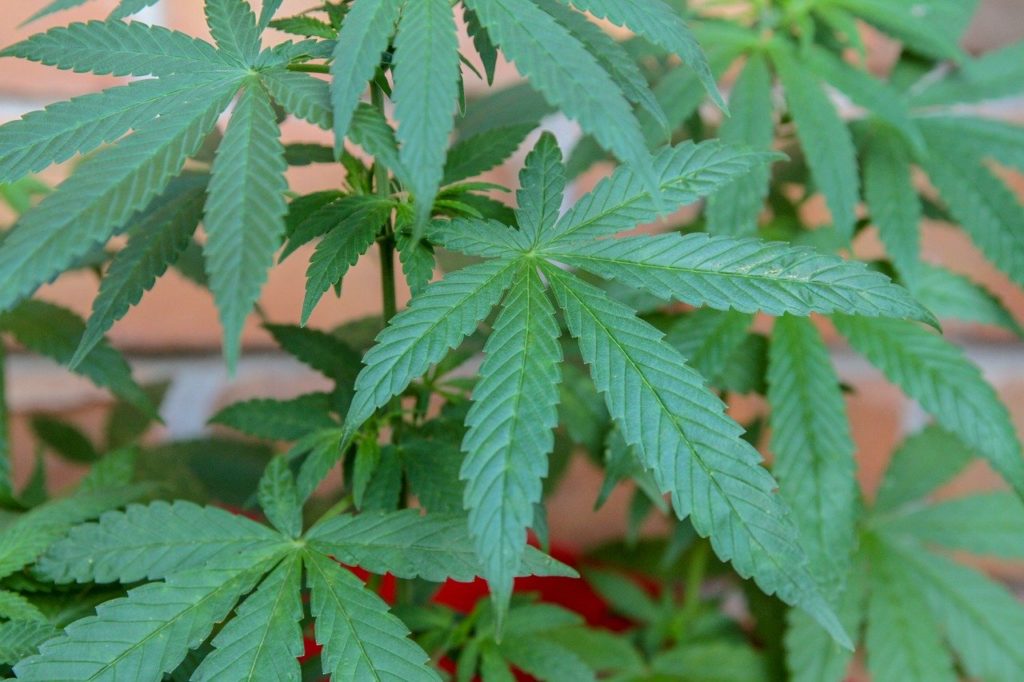
Aside from the apparent signs of weed consumption, such as the distinct and sometimes off-putting smell of marijuana, the chemical components of weed stay in the body for days. In certain cases, THC can stay in the body for months. It’s important to know the factors that affect the period in which cannabis lingers in the body.
1. Dosage
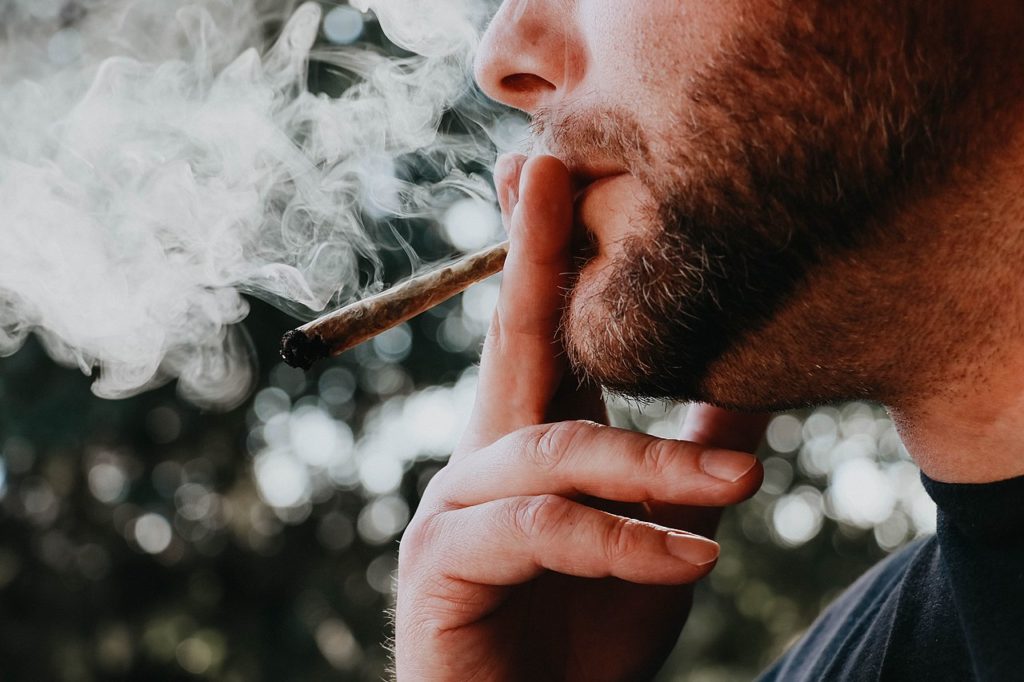
The different cannabis strains have varying THC potencies. For example, one strain can have 10% THC whereas another exudes over 50% of the chemical compound. Therefore, the higher the dosage, the longer it stays in the body.
2. User’s Weight

THC attaches to fat cells. Therefore, overweight people have more chances of contracting more THC in their bodies than skinny individuals.
3. Amount Consumed
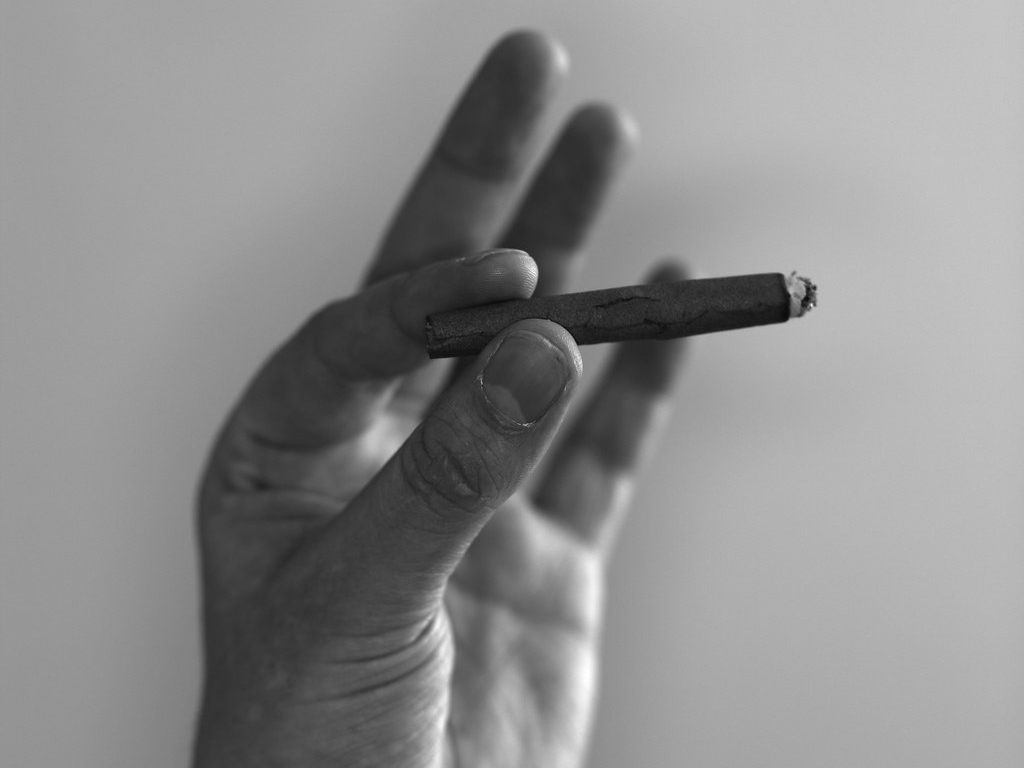
Some users only consume weed when needed. For example, a patient diagnosed with social anxiety can consume marijuana before talking to an audience. Another individual can also reap the calming benefits of cannabis to help relax the nerves before a potential seizure.
Therefore, it should be no surprise that THC stays longer in the body if users consume large quantities of the substance. In some cases, recreational users can be at a higher risk than individuals who only use weed when required because of the amount consumed.
Does the NBA Allow Players to Use Cannabis?
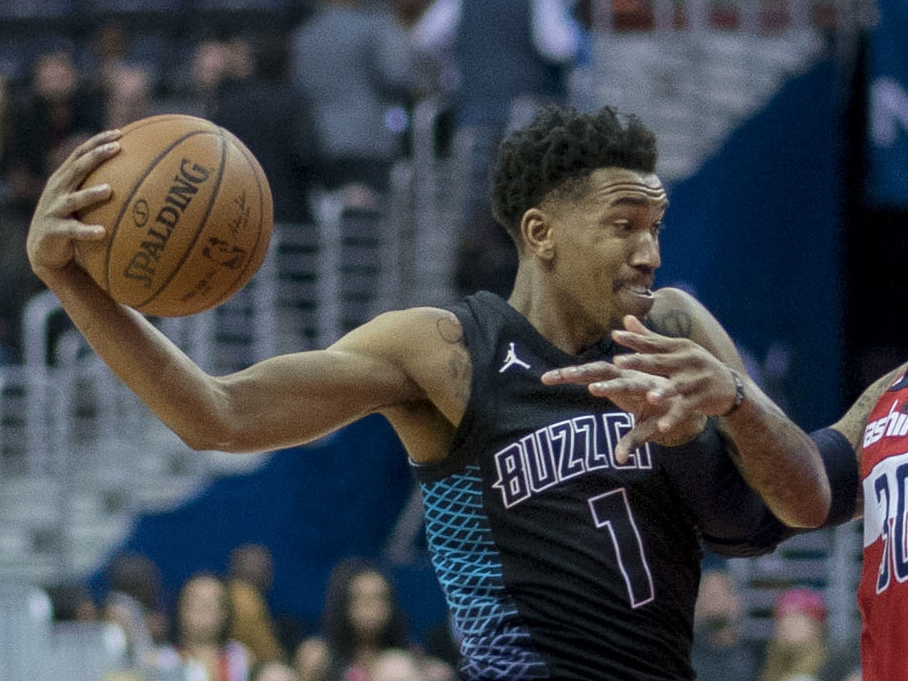
According to a 2020 report from CBS Sports, the NBA will only prohibit the use of performance-enhancing drugs, particularly in the NBA bubble. However, the league doesn’t restrict players from consuming drug-classified substances for recreational use.
It couldn’t have been a better time for this relatively new guideline to surface as the league reinstated Charlotte Hornets Malik Monk after his indefinite suspension from violating the NBA’s Anti-Drug program. At the time of Monk’s suspension, the NBA had the following statement:
Reports didn’t indicate what type of drug Monk was consuming. But since the NBA now allows the use of controlled substances for recreational use, many fans assume that Monk is an avid weed consumer.
Types of Weed Drug Tests
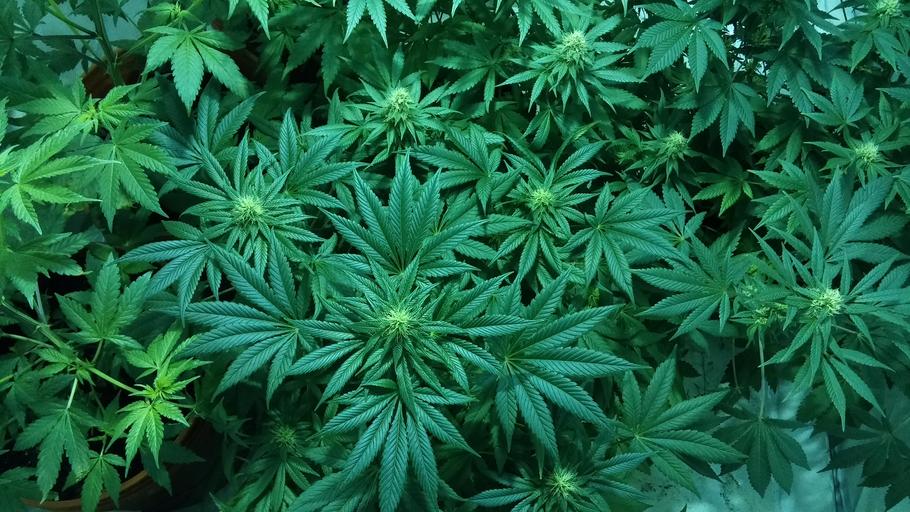
As mentioned previously, some types of drug tests are more effective in detecting THC than others. For example, an athlete took a saliva test, which came out negative. However, that same individual took a hair follicle test, and now the result is positive. Knowing the different drug tests can help athletes prepare for these examinations.
Hair Follicle Test
Reports state that hair follicle tests are among the most effective at detecting THC. These examinations can detect the chemical up to 90 days after consumption. Additionally, hair follicle drug tests can also reveal relatively every controlled substance consumed.
Saliva Test
Unlike the hair follicle test, a saliva drug exam will return positive if an individual consumed weed for the past 30 days.
Urine Test
Touted as one of the most common types of weed drug tests, urine exams can detect traces of THC for 10 to 30 days after consumption.
Blood Test
A body of a healthy individual will produce blood-cleaning substances from the liver and kidneys. Therefore, blood tests are among the weakest types of drug examinations as these assessments will only detect THC within one to two days of consumption. However, some high-quality blood tests can detect weed for as long as 25 days after consuming.
How to Pass a Cannabis Drug Test?
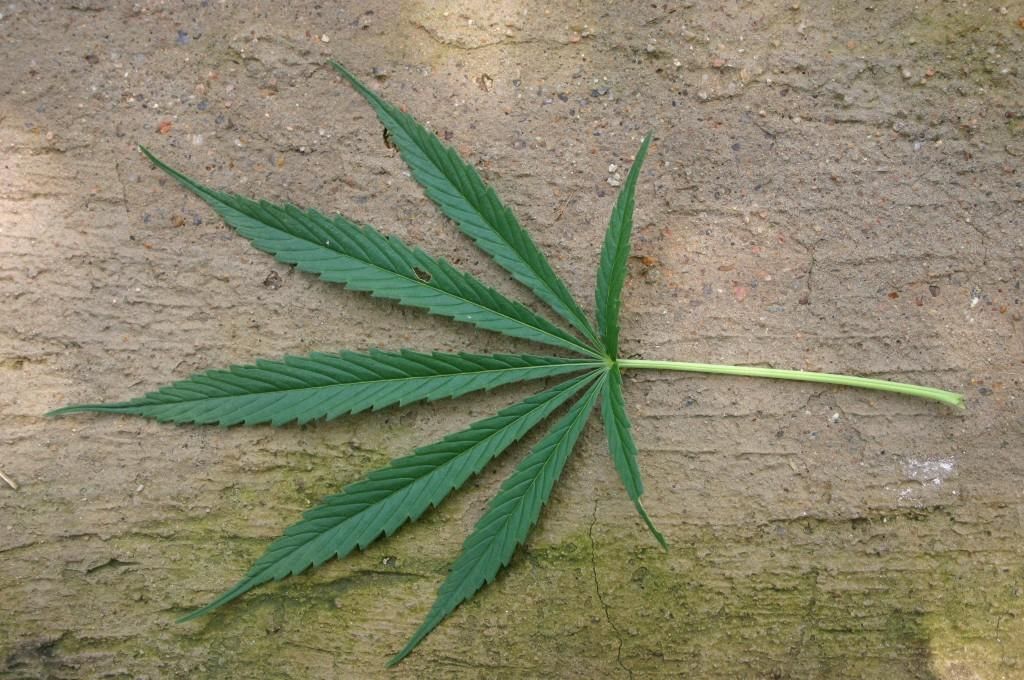
Take note that the most effective way to prepare and pass drug tests is to stop consuming the controlled substance as early as possible. Still, it’s possible to evade positive results with the help of these tips:
- Eat healthily. Stay away from fat-rich foods like the fatty portions of meat and pork. Otherwise, THC can latch onto these fat cells in your body and stay in your system longer than intended.
- Stay hydrated. Proper hydration can lead to frequent urination, which is also one of the body's ways to detoxify.
- Exercise. Expelling THC through sweaty physical activities can also help in removing the substance from the body. However, avoid doing strenuous training routines at least two days before the exam. It’s because the spike in metabolism can pull trace amounts of THC from fat cells, leading to positive results.
Final Words
Although the NBA no longer prohibits the use of recreational weed, some sports leagues still forbid players from consuming the substance. Professional athletes can prepare for their upcoming drug exams by understanding the different types of weed tests. Also, weed consumers can eat healthily, stay hydrated, and exercise to help their systems flush out THC from their bodies.


